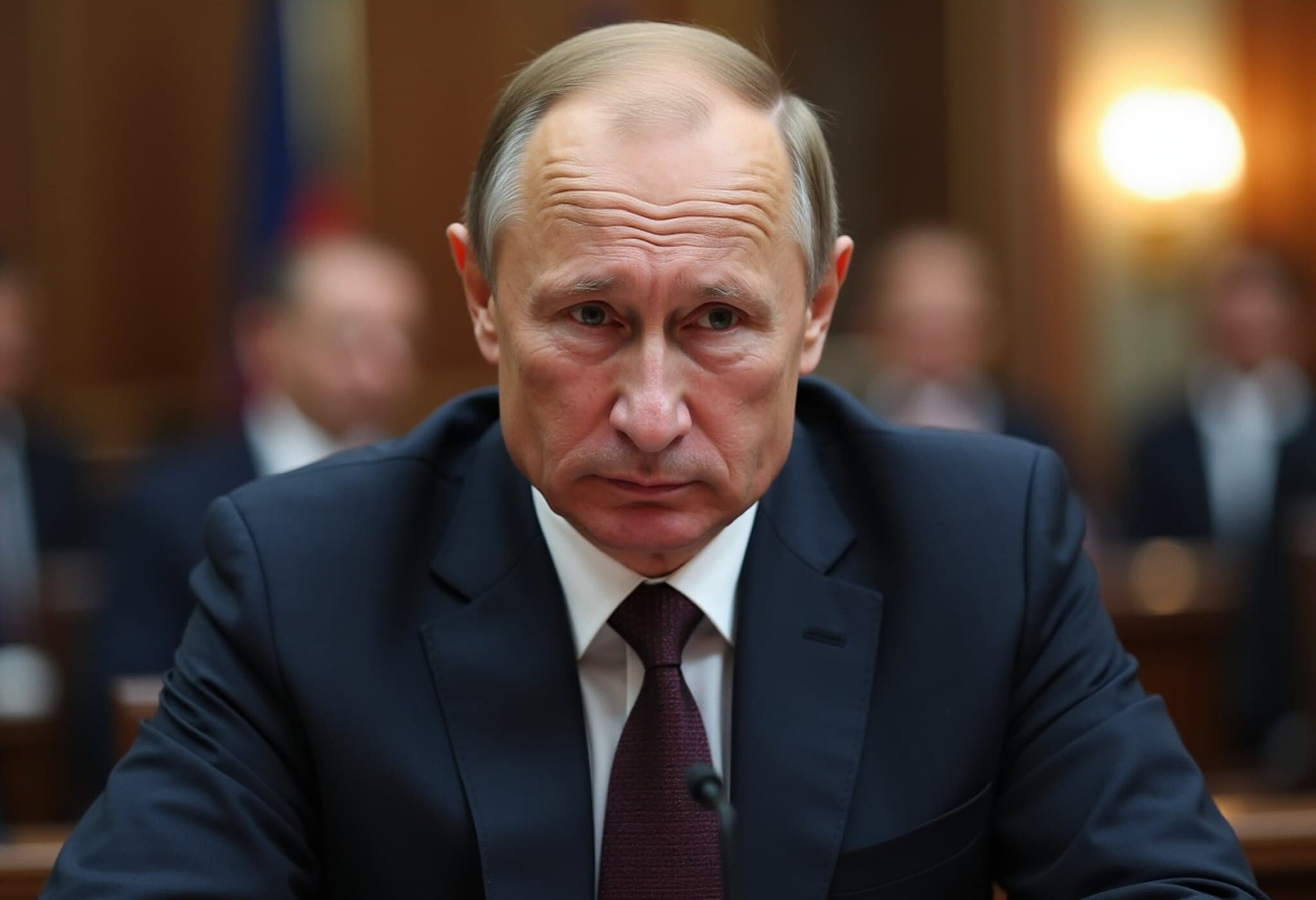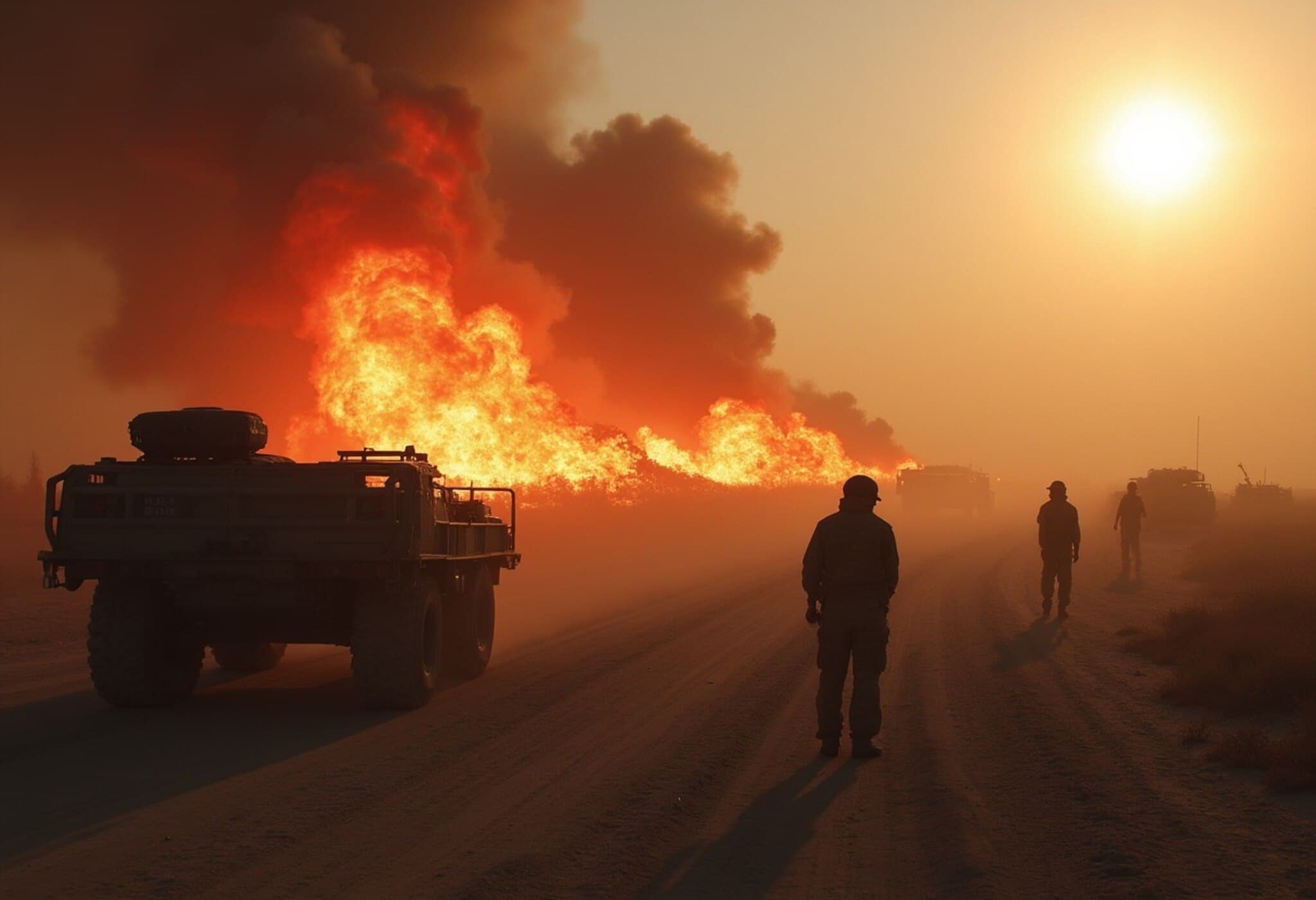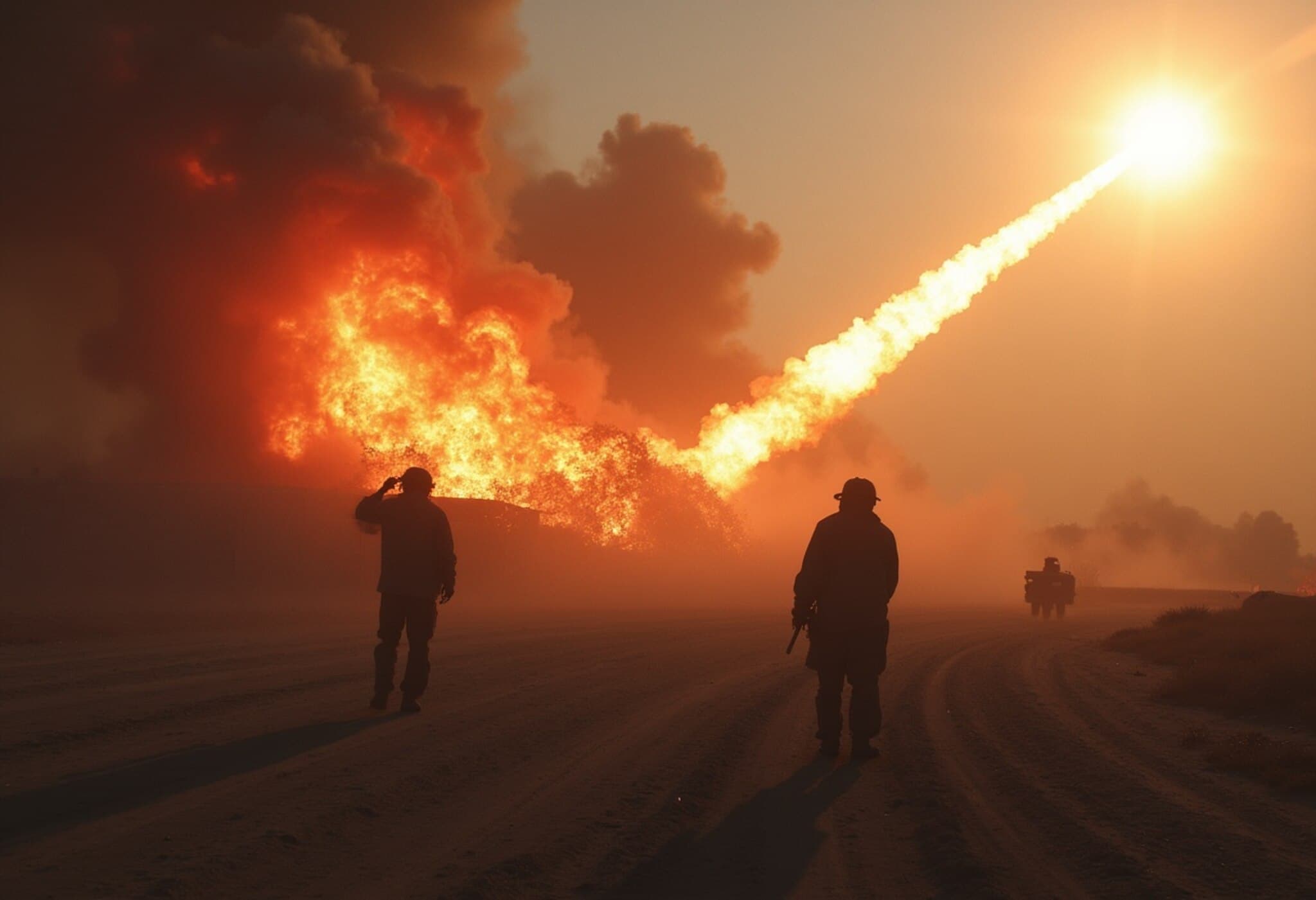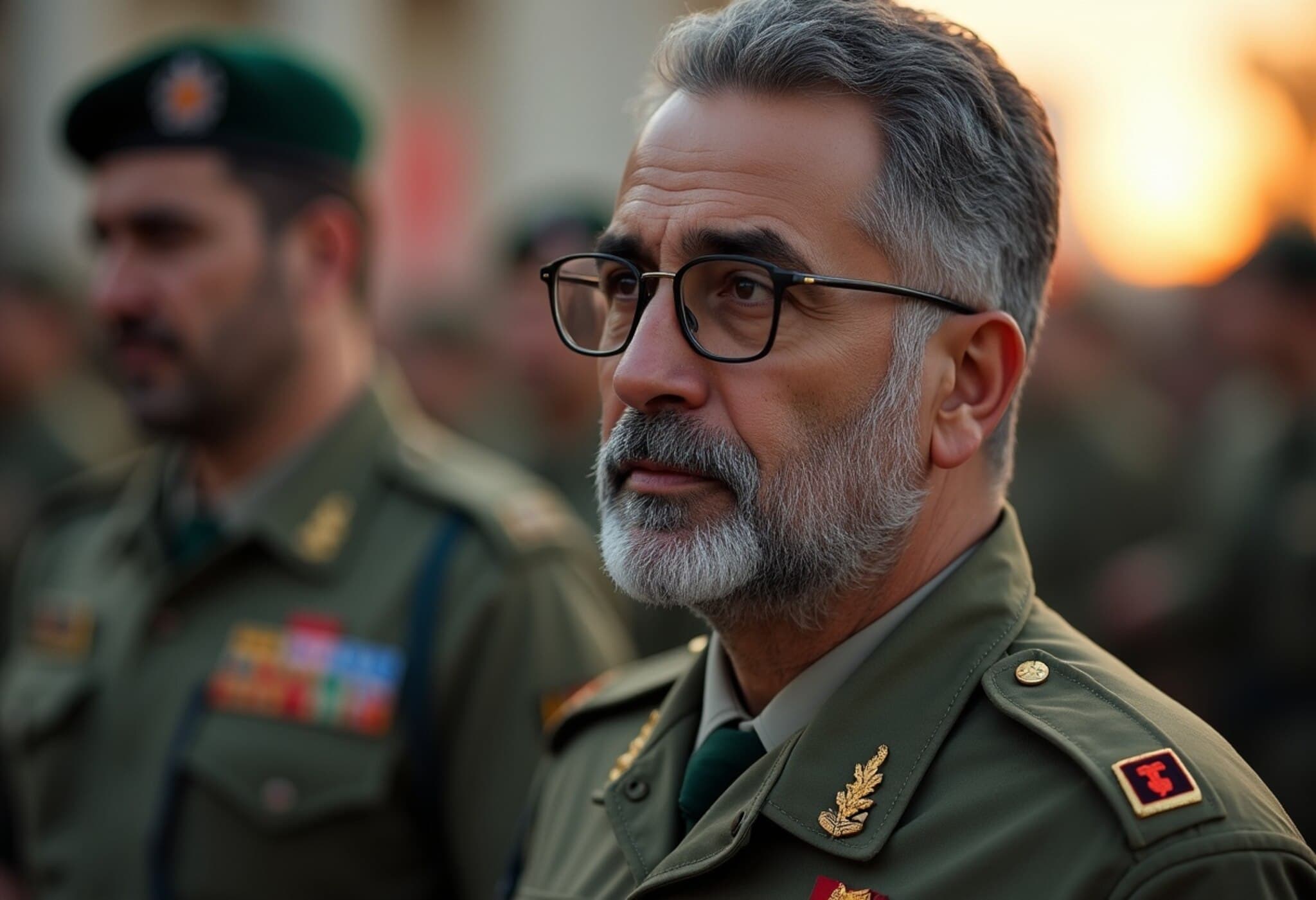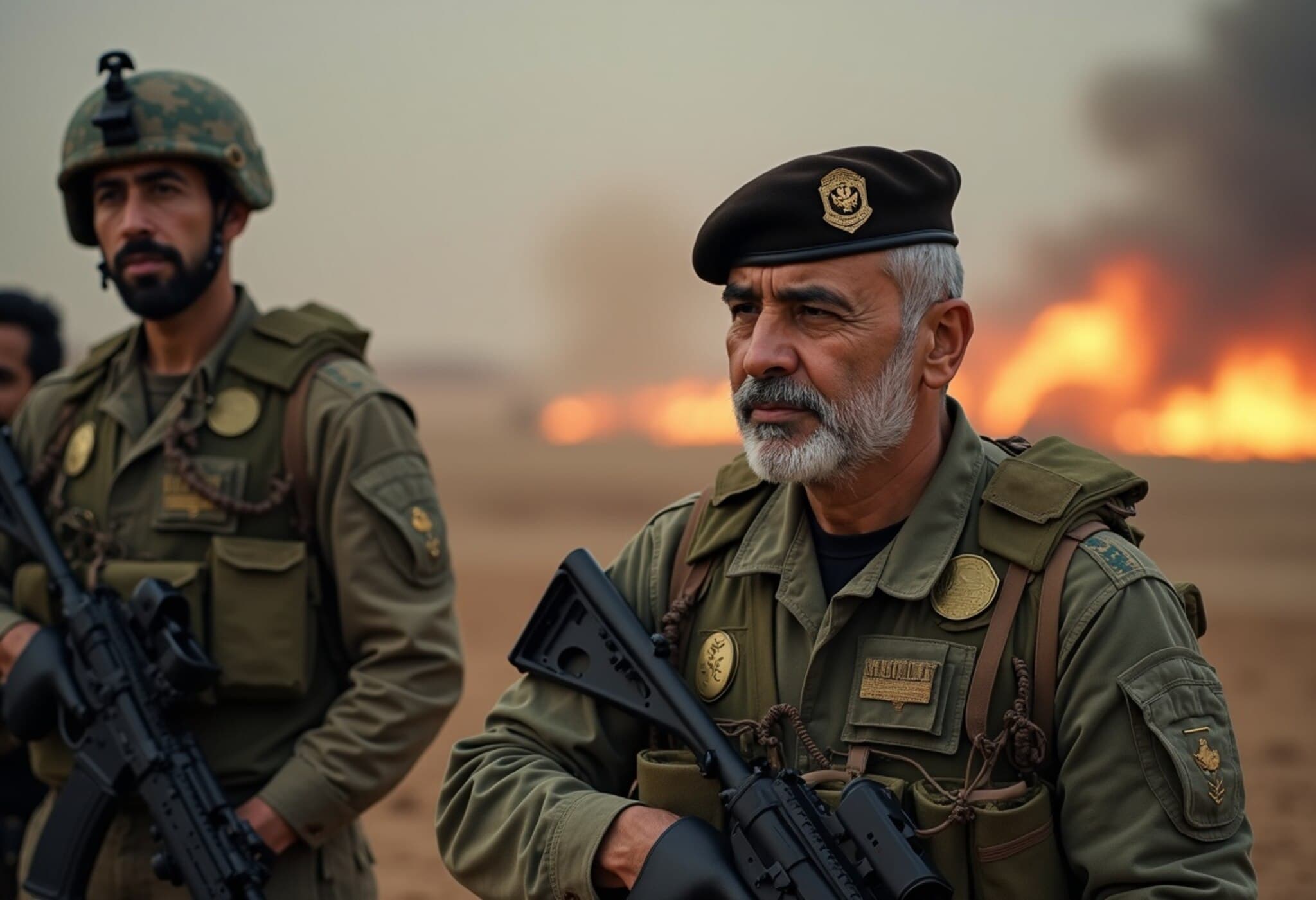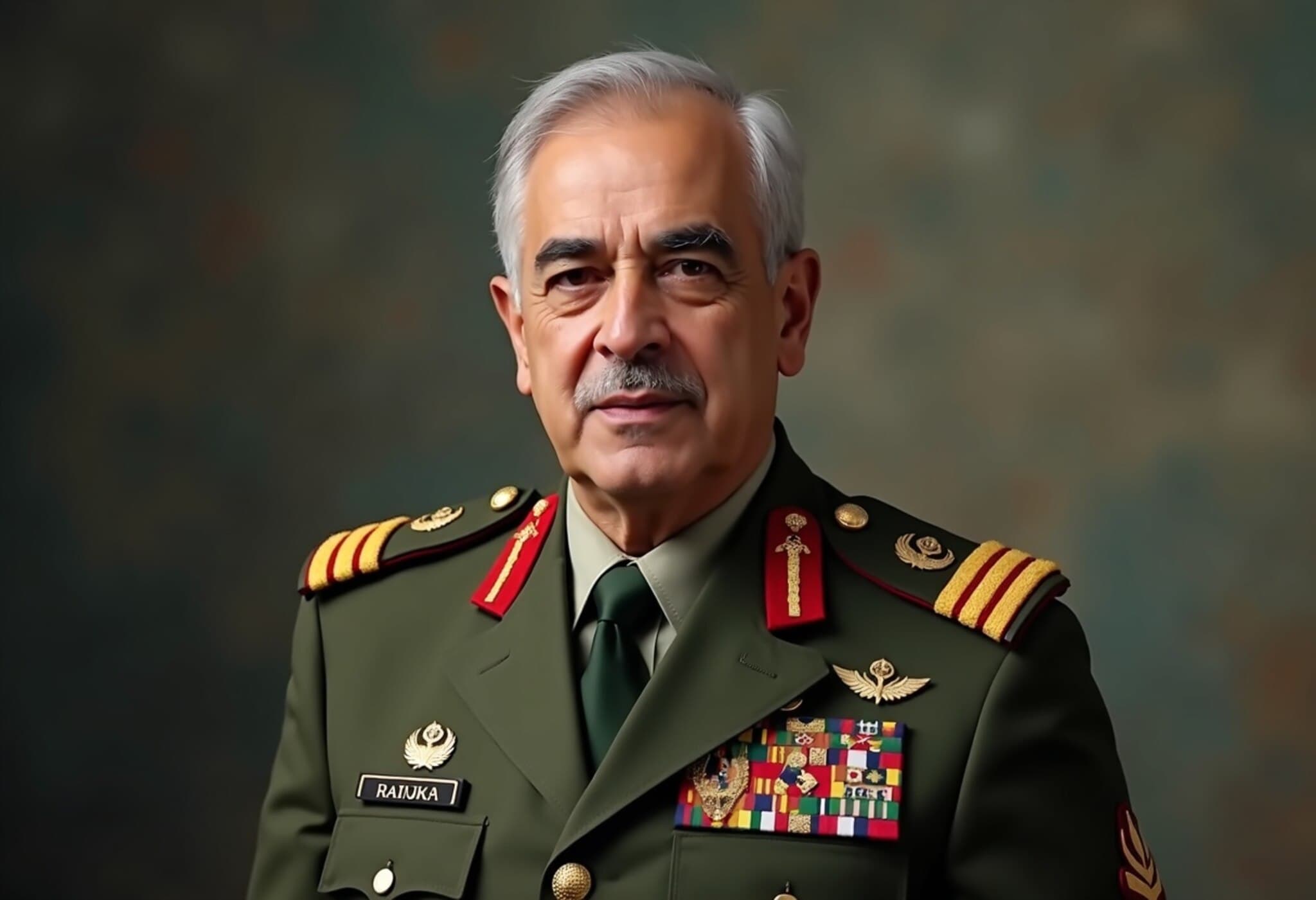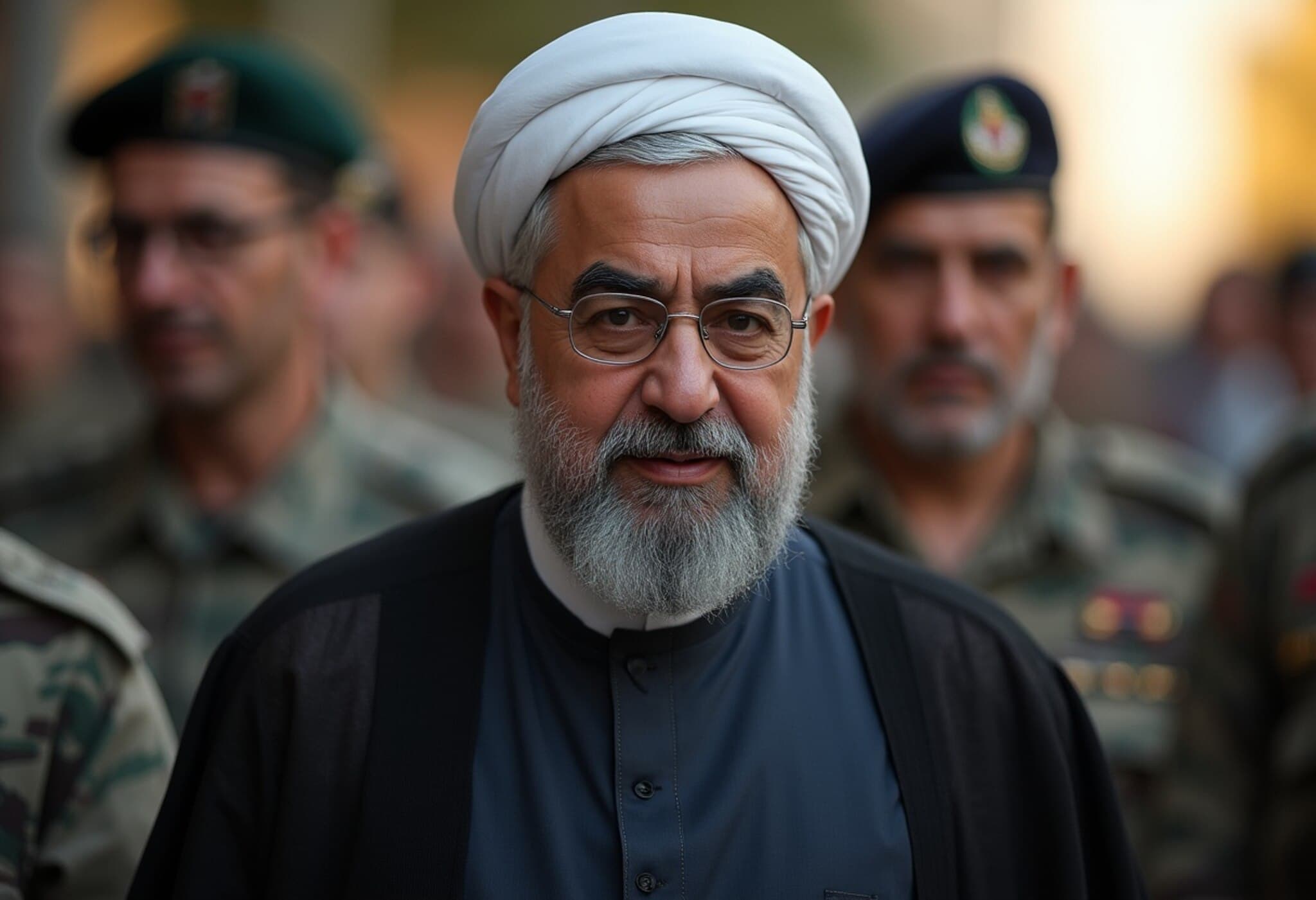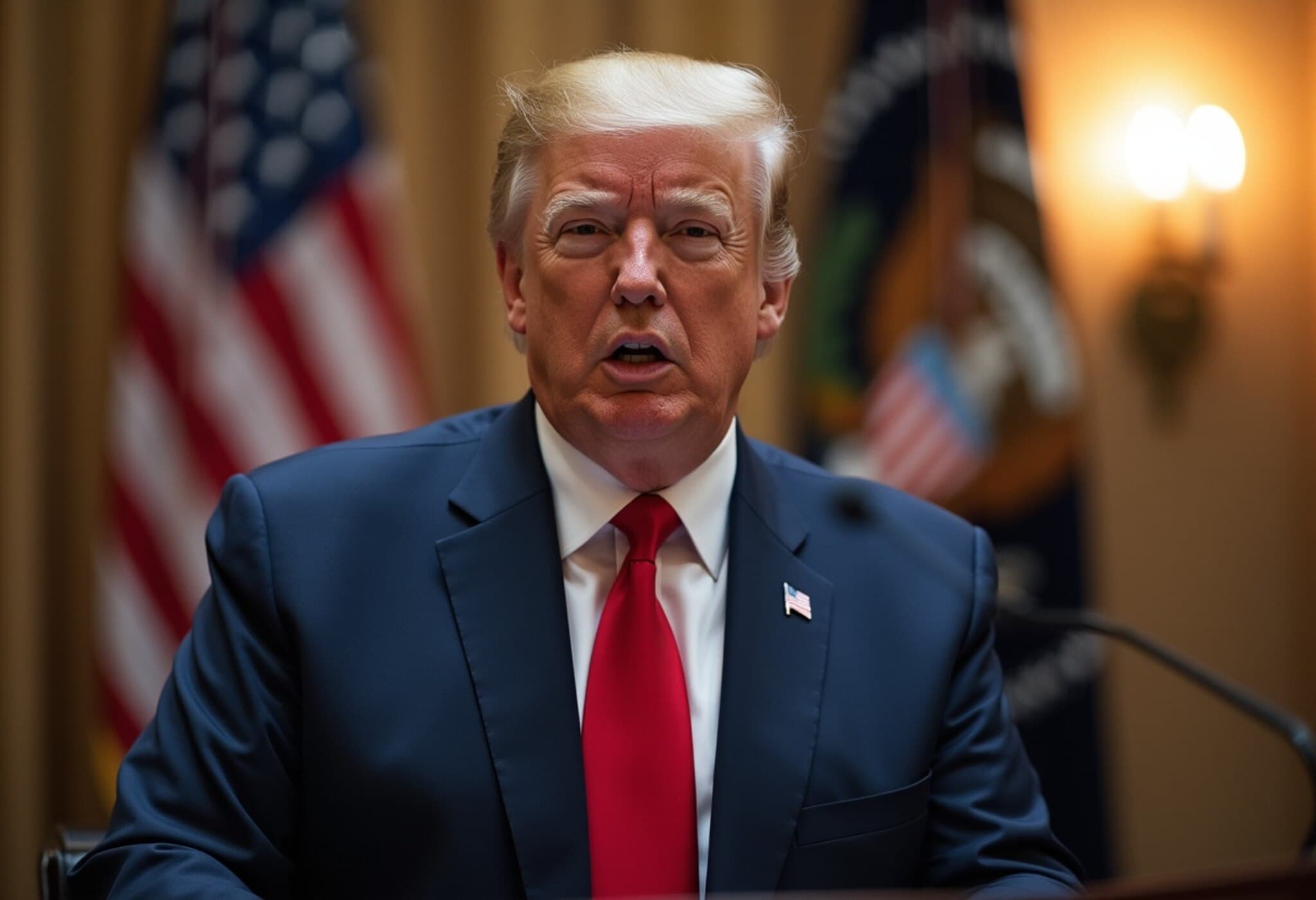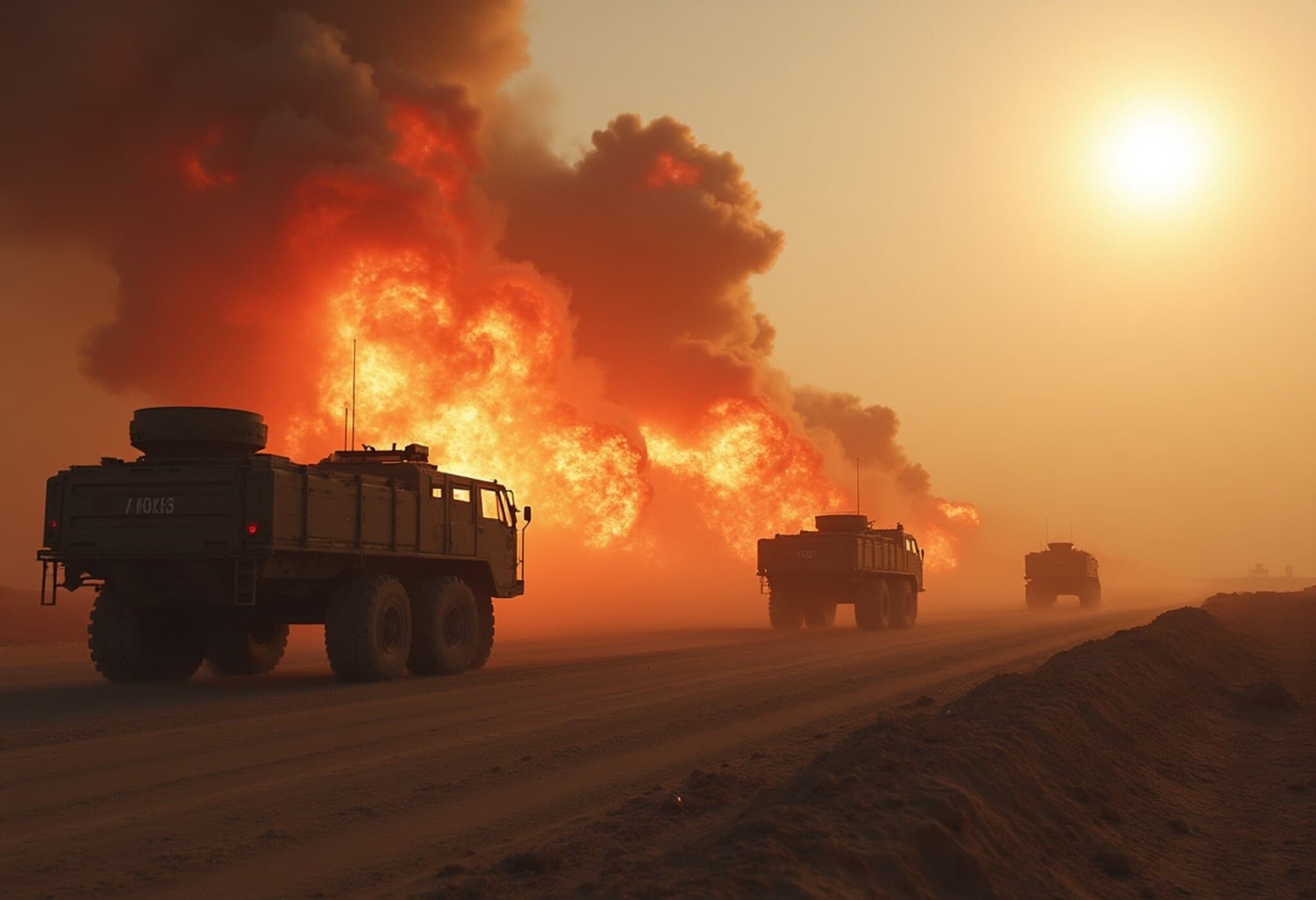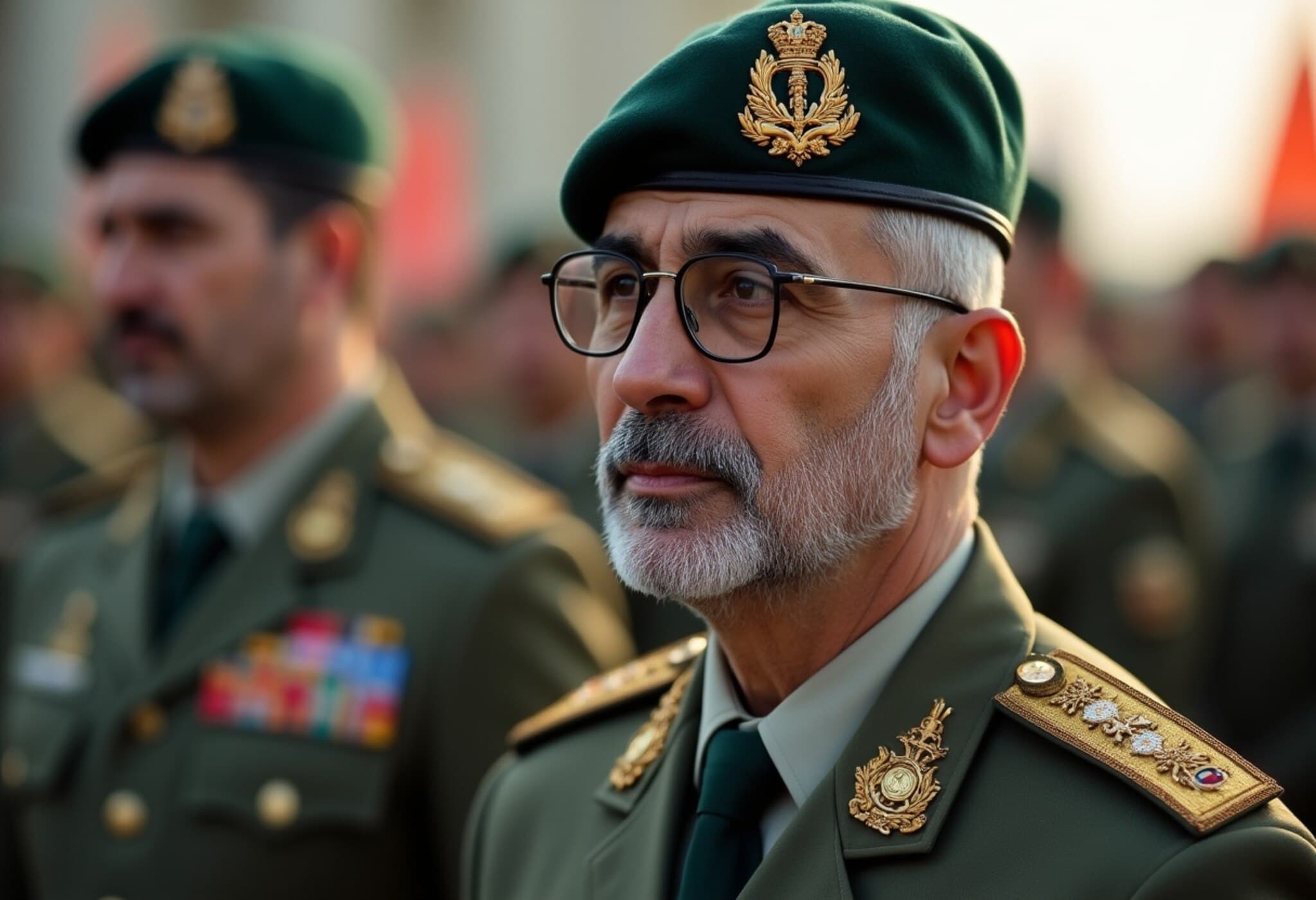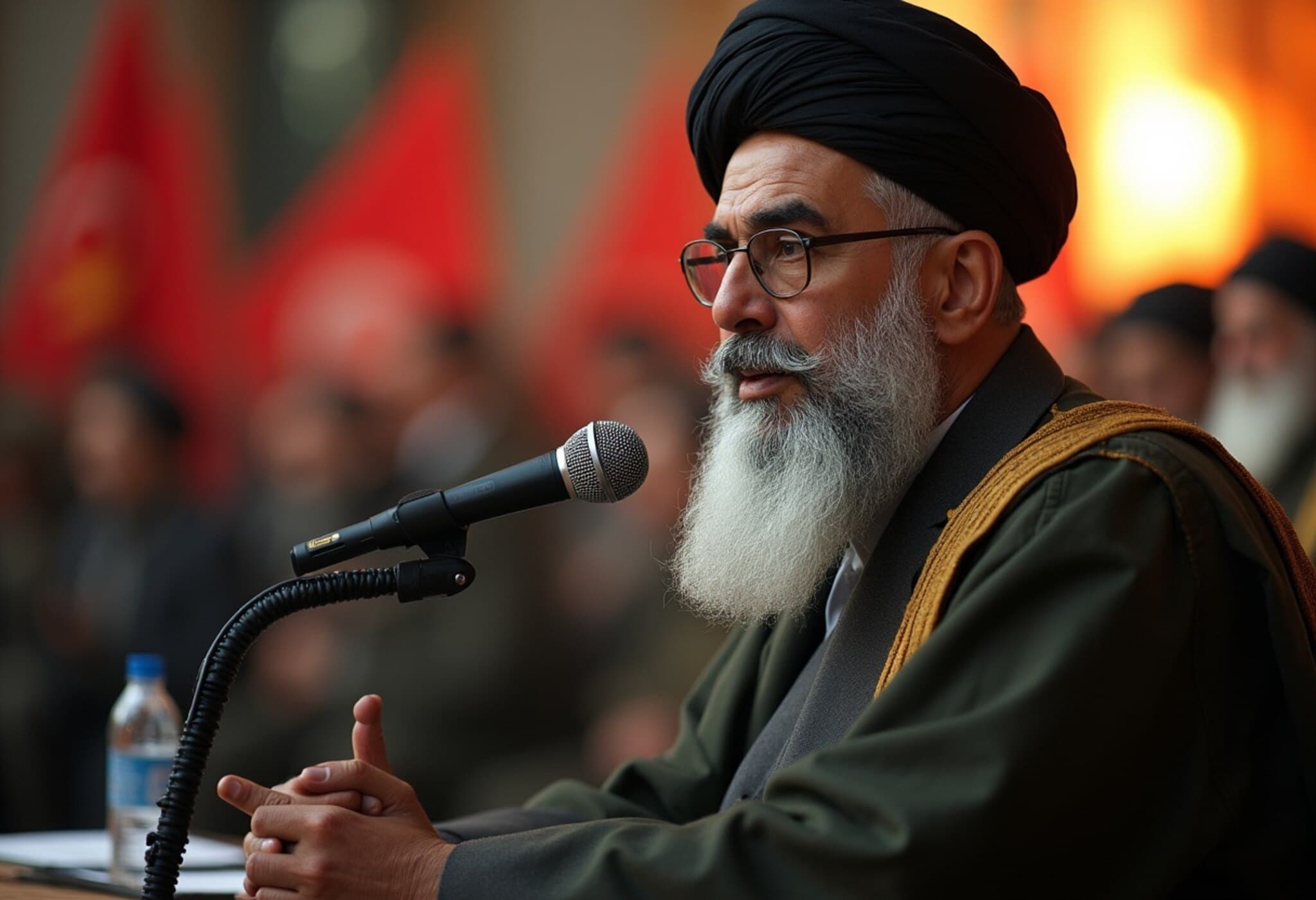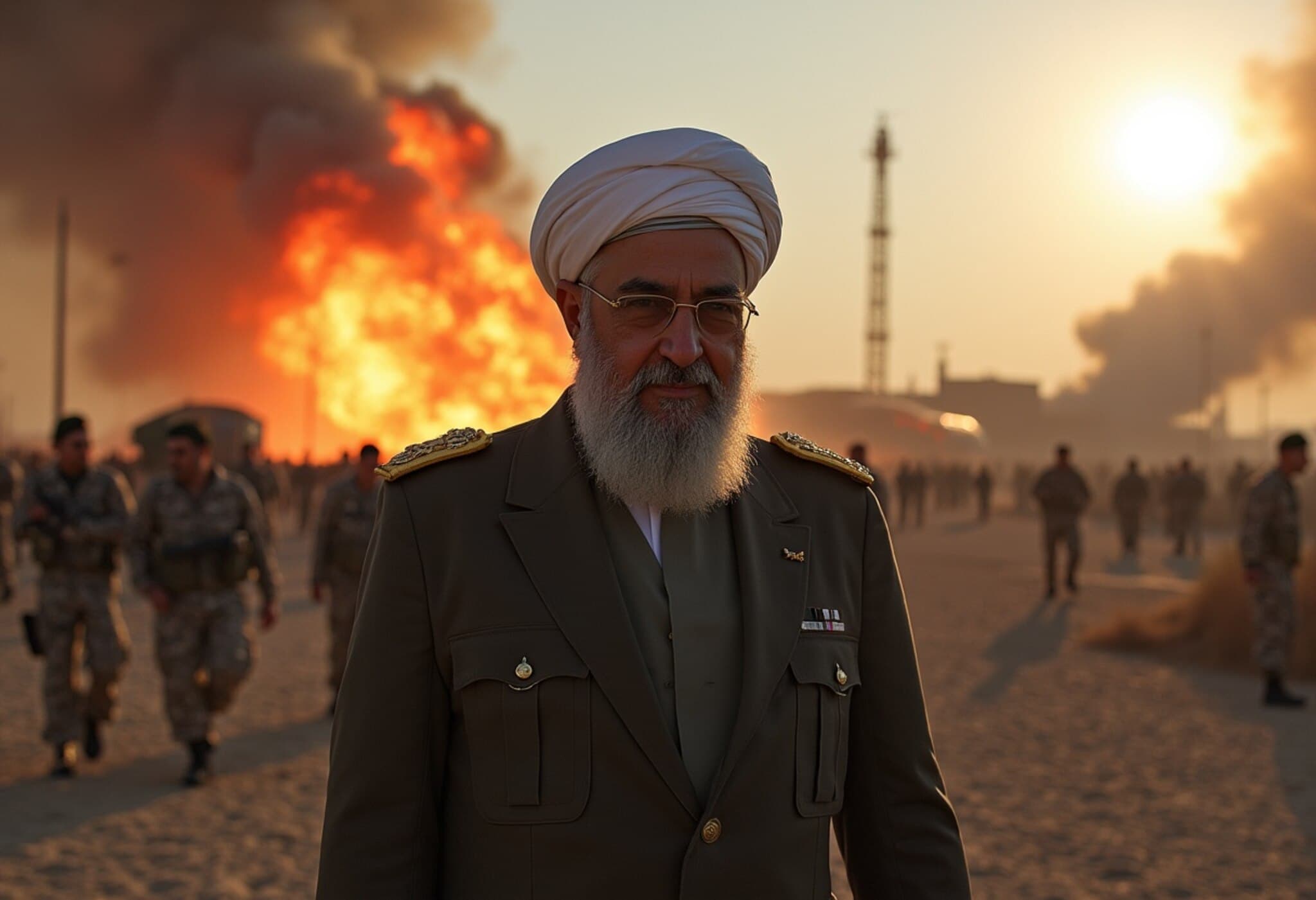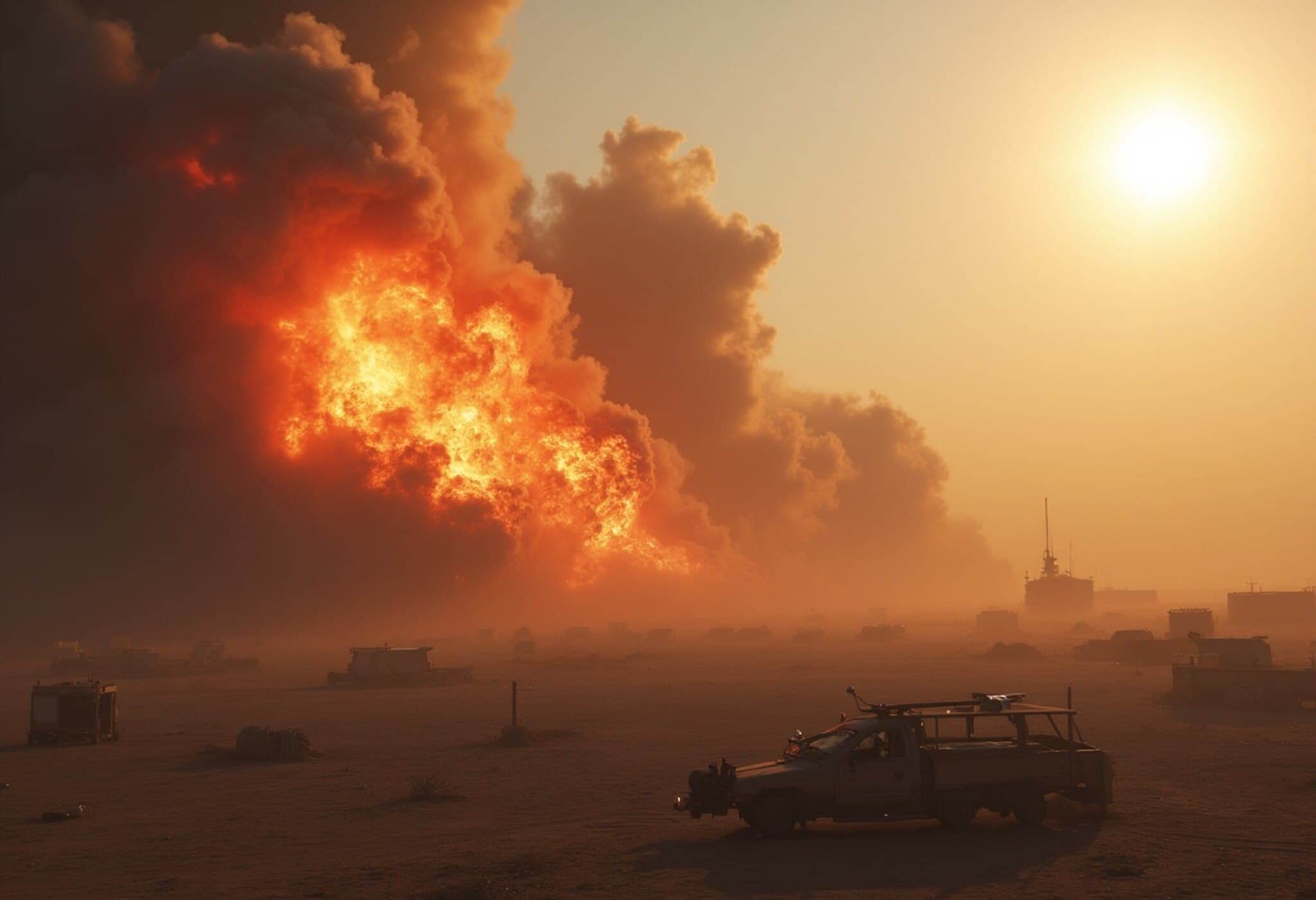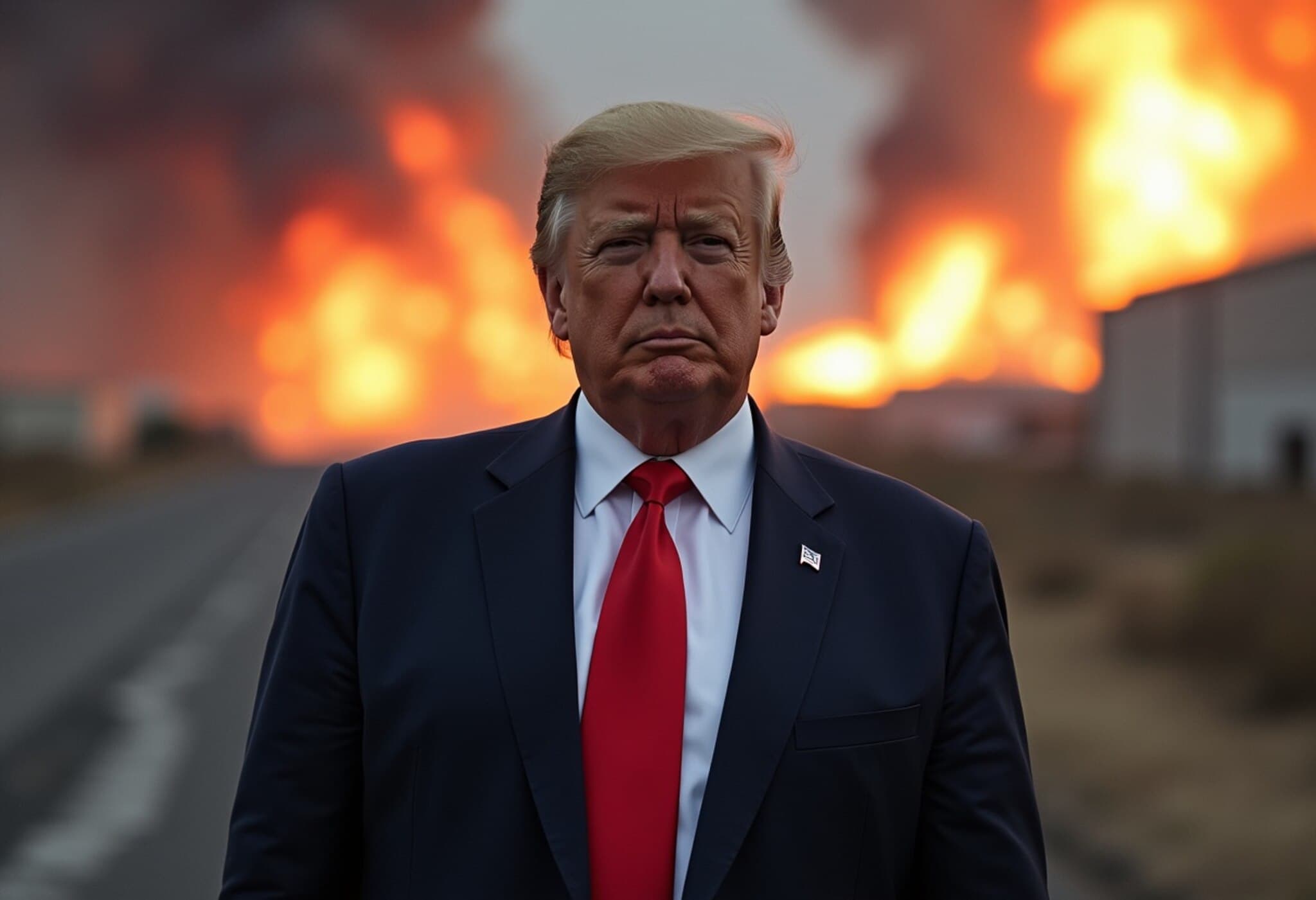Putin Spotlights Israel’s Russian-Speaking Community Amid Middle East Tensions
As tensions escalate between Israel and Iran following US airstrikes on Iranian nuclear facilities, Russian President Vladimir Putin has emphasized the significance of Israel's sizeable Russian-speaking population in Moscow's approach to the conflict. Speaking at the St. Petersburg International Economic Forum (SPIEF), Putin underscored the nuanced ties Russia maintains in the Middle East and its longstanding friendly relations with the Arab and Islamic worlds.
Israel: Almost a Russian-Speaking Country
During his address, Putin noted that nearly two million people from the former Soviet Union and Russia reside in Israel. He stated, "Israel today is almost a Russian-speaking country." This demographic factor, he said, plays a crucial role in Russia's geopolitical calculations in the region.
Responding to queries about why Russia has refrained from supporting Iran more directly in the current conflict, Putin remarked, "We always take this into account in Russia’s contemporary history."
Complex Alliances and Regional Dynamics
Putin further elaborated on Russia's balanced relationships throughout the Middle East, highlighting that the country is home to an Islamic population that constitutes about 15% of its total. He also reminded that Russia holds the status of observer within the Organization of Islamic Cooperation, reflecting its commitment to maintaining ties with Islamic states.
Addressing critics who questioned Russia's loyalty to its allies, Putin dismissed such voices as "provocateurs," reinforcing Russia's diplomatic posture as one of steady friendship and regional engagement.
Failed Ceasefire Mediation and Rising Risks
Earlier attempts by Putin to mediate a ceasefire between Israel and Iran were rejected by the United States. The US response was blunt, suggesting Russia focus first on mediating its own internal issues before intervening regionally.
Meanwhile, Iran has vowed to retaliate against the recent US strikes, reportedly threatening American airbases within the region, raising the stakes for potential wider escalation.
What’s Next in the Middle East?
The interplay between Moscow’s strategic interests, the large Russian-speaking Israeli community, and the broader US-Iran-Israel confrontation signals a complex, evolving geopolitical landscape. Russia’s cautious stance reflects an intricate balancing act as the region braces for further developments.

